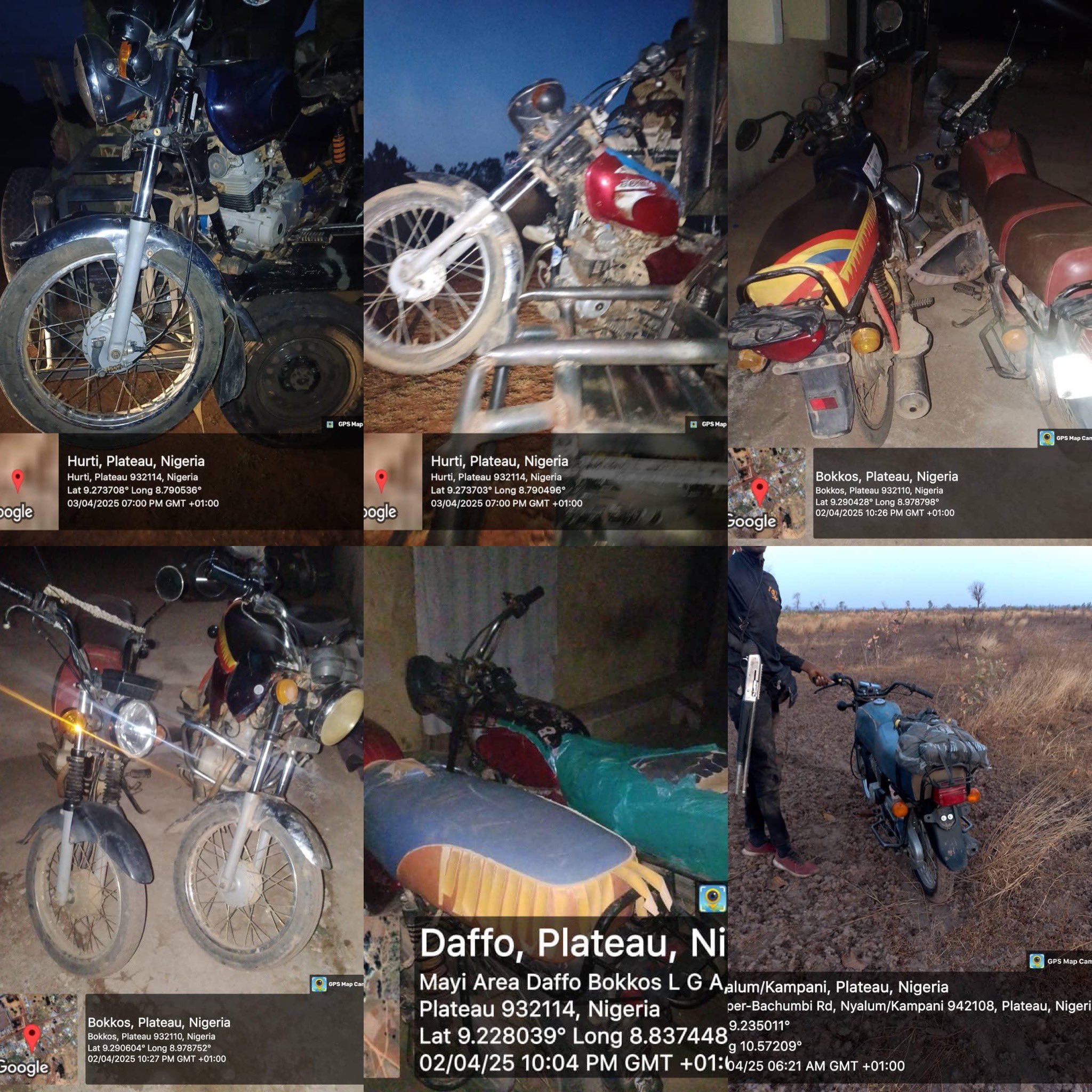
ACHIEVEMENTS IN NIGERIA'S TEACHER EDUCATION DOMAIN: A SPOTLIGHT TO PROMOTE AN INTEGRATED ECOWAS TEACHER LEARNING COMMUNITY
Introduction
Nigeria is the largest country in the Economic Community of West Africa States (ECOWAS). With a current population of about 222 million, Nigeria’s population is more than half the population of the entire ECOWAS Sub-region (401.9 million). It is also the highest contributor to the ECOWAS socio-economic purse and a key player in the Organisation’s integration agenda. Undoubtedly, Nigeria is strategically positioned as the spotlight to lead the ECOWAS of the Peoples: Peace and Prosperity for All – an agenda running on the wheels of education. The ECOWAS Teacher Learning Community concept stands to promote teaching and learning among educators on matters of common interest to enhance skills, competencies, and professional development.
This article highlights the key achievements of Nigeria’s initial teacher education and Continuous Professional Development (CPD) as a spotlight to drive an integrated ECOWAS teacher learning community towards improved learning outcome. It is also to draw ECOWAS Member States’ attention to current trends and standards in teacher training and continuous professional development as envisioned by the Continental Education Strategy for Africa (CESA, 2016 - 2025), and the Sustainable Development Goal 4c on teachers.
Nigeria’s Influence on Teacher Capacity Development in the ECOWAS Sub-Region
Nigeria’s initial teacher education and continuous professional development domains are diverse and complex with multiple actors. These domains are governed by a comprehensive National Teacher Education Policy (NTEP 1981, revised 2014) – one of the leading teacher policy frameworks in the ECOWAS Sub-region which meets the key requirements of the Continental Education Strategy for Africa (CESA, 2016-2025). The Policy objective of the NTEP is to produce highly knowledgeable, skilled, and creative teachers who can produce learners to compete globally, while its goal is to ensure that teachers are adequately catered for and made adaptable to a changing world. The policy lays a firm foundation that upholds the status of the teaching profession and at the same time empowers institutions to enforce teacher standards. It also contributes to providing implementation guidelines for teacher recruitment, retooling, skilling, and training in conformity with national and international best practices. The National Commission for Colleges of Education (NCCE) and the Teachers Registration Council of Nigeria (TRCN) are national bodies at the Federal level that work within the framework of this policy, in terms of the initial training of teachers and continuous professional development respectively. While the NCCE has the national mandate to produce well-motivated teachers of world-class quality, the TRCN is responsible for regulating and controlling the Teaching Profession at all levels.
Ghana and Burkina Faso have followed suit in recent years with the development of a Comprehensive National Teacher Policy (CNTP) framework with support from UNESCO and the Government of Norway. The two frameworks aim to address teacher policy gaps such as teacher recruitment and retention, initial and continuing teacher education, deployment, career structure, teacher employment and working conditions, as well as teacher reward and remuneration. The successes in Nigeria, Burkina Faso and Ghana are expected to influence other Member States to address teacher policy gaps towards enhancing the status and professionalism of the teacher towards mitigating the projected 17 million teacher gaps in the Education 2030 Agenda in Africa.
Another landmark achievement chalked in teacher education and professional development is the establishment of a National Open University of Nigeria (NOUN) to among other things, increase access and inclusivity in teacher capacity development across the country and beyond. Operationalized in 2002, the NOUN today boasts of over 100 academic programmes and 2,700 courses including courses related to teacher education and continuous professional development at all levels. The current total enrolment is over 700,000 students across Nigeria and beyond, 51% being female. This Open University of Nigeria highlights the concept of Universities without borders and addresses the critical issues of large class sizes and infrastructural deficits associated with traditional University systems.
It is time to unleash the power of technology to redefine teacher education and CPD in the Sub-region as Nigeria has shown the way through the Open University initiative. In recent times (2022), UNESCO in partnership with UNICEF and the World Bank has affirmed this approach to teacher development through the Imagine Learning Initiative for Anglophone West African countries. The initiative, which trained over 5000 teachers online, seeks to establish a Sub-regional collaboration amongst the Gambia, Ghana, Liberia, Nigeria, and Sierra Leone. The aim is to develop tools and resources for strengthening the capacities of teachers and school leaders in open-source distance learning. UNESCO’s conceptualization of Open Education Resources (OER) adopted at the 40th General Conference (2019) promotes the use of learning, teaching and research materials in any format and medium that reside in the public domain or are under copyright that have been released under an open license, that permit no-cost-access, re-use, re-purpose, adaptation and redistribution by others. The innovative OER digital transformation presents a good opportunity for ECOWAS Member States to prioritize investments in digital infrastructure to harness the full dividends in education service delivery in the Sub-region.
It is worth mentioning that Nigeria’s influence on teacher matters in the Sub-region is further strengthened through the hosting of strategic Sub-regional and Regional Offices of importance to the teacher’s development. The ECOWAS Secretariat is currently housed in the Federal Capital Territory (FCT), Abuja, leading the ECOWAS transformative agenda. Additionally, Nigeria plays host to the Africa Federation of Teaching Regulatory Authorities (AFTRA), an organization whose current President, Prof. Josiah Olusegun Ajiboye, is also the Registrar and CEO of the TRCN. AFTRA is working with Member States in teacher policy development and the professionalization of teaching on the Continent. What is more, Abuja serves as home to the UNESCO Multi-Sectoral Regional Office (MSRO) for the ECOWAS region, working closely with UNESCO Regional Offices such as the International Institute for Capacity Building in Africa (IICBA) in close collaboration with the various National Institutes working in the area of planning and management of education, including UNESCO Category II Institutes such as the Institute for Educational Planning and Administration (IEPA). These National and International Institutes and Centres are supporting the UNESCO Teacher Task Force agenda in the context of Education 2030. With these enviable credentials in the ECOWAS region, no country, other than Nigeria, stands a better position to lead the transformation necessary to realize the Continental vision for a more integrated, prosperous, and peaceful Africa, driven by its citizens and representing a dynamic force in the global arena.
The Imperatives for an Integrated Teacher Learning Community in ECOWAS
To achieve the objectives of the ECOWAS teacher learning community, Member States in the Sub-region must be intentional about the following:
· Nigeria, through its influence in the Sub-region, should demonstrate stronger leadership by mobilizing the needed resources across the board to implement the common curriculum framework for basic education teacher training in the ECOWAS area as a means to harmonize education systems across the Sub-region and address in particular, key challenges in the education space. Currently, more than half of students (52.1%) are below the ‘sufficient’ competency threshold for reading and are therefore experiencing learning difficulties. In the area of mathematics, more than 60% of late primary students are below the ‘sufficient’ competency threshold’.
· ECOWAS Member States should prioritize investments in digital learning infrastructure. Governments should engineer partnership arrangements with telecommunication companies that leads to increased internet access and connectivity at reduced cost, particularly for education related matters. This will enable teachers to benefit from online learning and cyberspace interactions. Digital transformation presents an opportunity for the Sub-region to deepen efforts and reap the technology dividends.
· Member States must review policies and practices in initial teacher training and teacher CPD and make room for innovations such as micro-credentialing – where teachers can demonstrate evidence of competencies or skills that lead to credentials toward certification or qualification to sustain their careers. Micro-credentialing approaches to teacher education promote flexibility for learners to earn a qualification through an online or blended approach. Online learning also affords the learner to take courses in bite sizes, and complete coursework at one’s own pace and time, allowing for prioritization of other competing responsibilities. In retooling teachers in a growing ECOWAS youth population, the current face-to-face approaches to initial teacher training and CPD is not enough to accommodate the growing population, including the rapid surge in unqualified teacher numbers. As countries in the Sub-region crack down on private schools and chase out unqualified teachers, we must not forget that Africa needs about 17 million more teachers towards Education in 2030. Micro-credentialing approaches to teacher professional development could be the game-changer in achieving the teacher targets.
. As the teacher remains an indispensable tool for national development, there is the need to create the enabling environment to harness their skills development and professionalism. ECOWAS Member States should deepen engagement with private sector partners to invest in teacher education through flexible educational financing schemes, particularly for underqualified teachers to attain certifications and qualifications. Teachers must also be supported and well-remunerated to uphold the status of the profession and career development. Member States such as Nigeria and Ghana have shown the way in this area by providing teachers in the public sector with funds for CPD. These best practices must be echoed across the ECOWAS Sub-region for both teachers in the public and private sectors.
· Member States should encourage cross-border mobility and exchange programmes for teachers within the ECOWAS Sub-region. This will afford experiential learning, rapprochement of the different educational systems, cultures, and teaching methodologies for professional growth and development. The starting point is the removal of bottlenecks towards the implementation of global and regional normative instruments particularly, the UNESCO Revised Convention on the Recognition of Studies, Certificates, Diplomas, Degrees and other Academic Qualifications in Higher Education in African States to facilitate greater exchanges and mobility of teachers, students and researchers on the Continent.
Conclusion
There cannot be any better time than now for ECOWAS to reimagine teacher education and teacher CPD. The 21st Century as we know, is a knowledge century – a century of science, technology, innovations, and entrepreneurship for socio-economic development. The teacher as the fulcrum around which these technological advances revolve should be supported to build the right skills and competencies to lead the changes we envisage in our schools. The use of digital media information technology in education must continue to lend itself to a more learner-centered learning, particularly, for technology-infused learning that is not restricted by distance. This is the key to transforming the education culture and practice of traditional memory-based learning, into an education system that stimulates the thinking and creativity necessary to meet the challenges of the 21st Century. It is also the sure way to realizing the internationally agreed development goals and a teacher learning community in the ECOWAS Sub-region. The ‘Africa We Want’ can be achieved through transformational educational policies and practices backed by strong political will to implement innovative teacher education programmes.
Together We Can !!
By: Sarah Osei, Regional Lead for West Africa, Instill Education & Shamsuddeen Ibrahim, Educationist and M.E.A.L Consultant.
















Comments